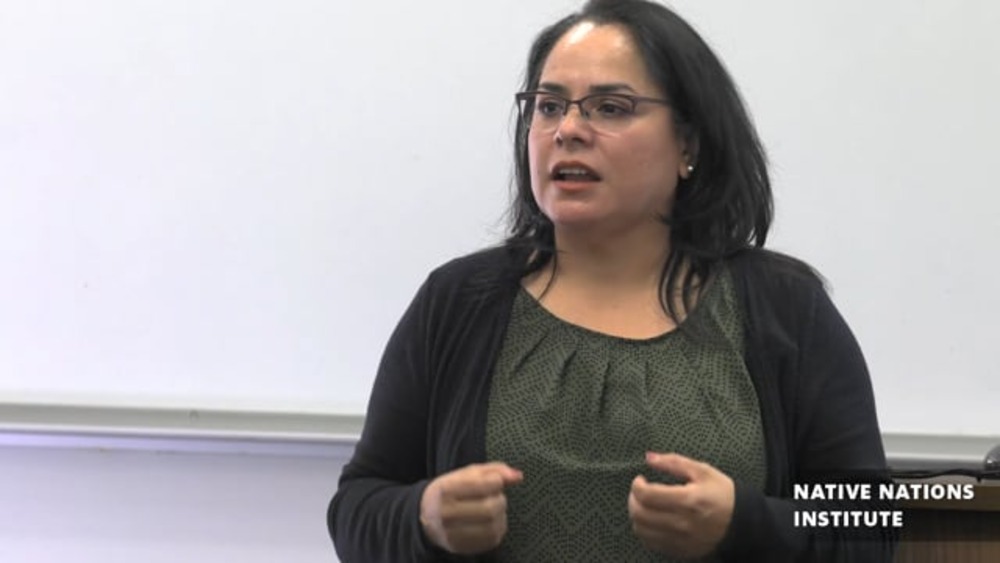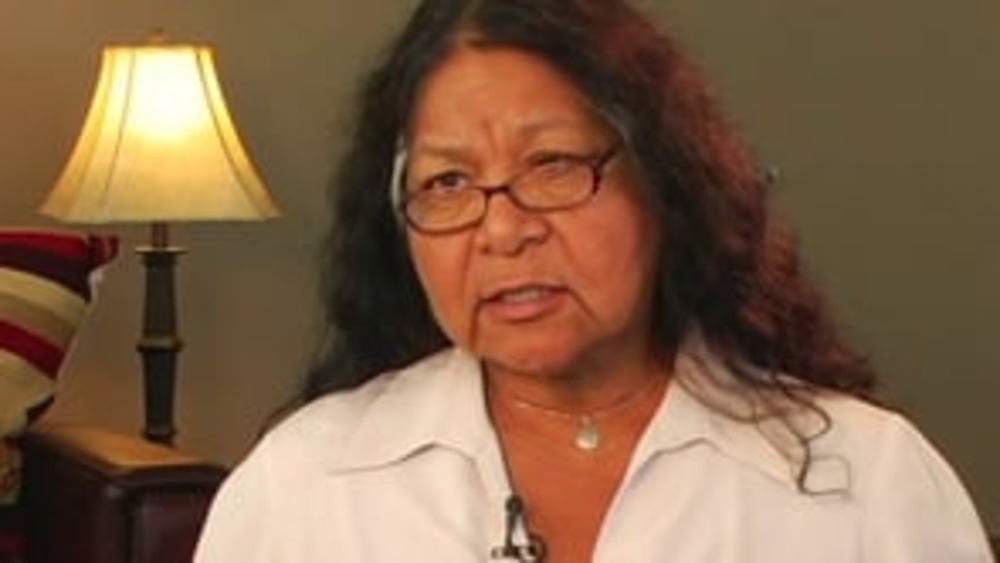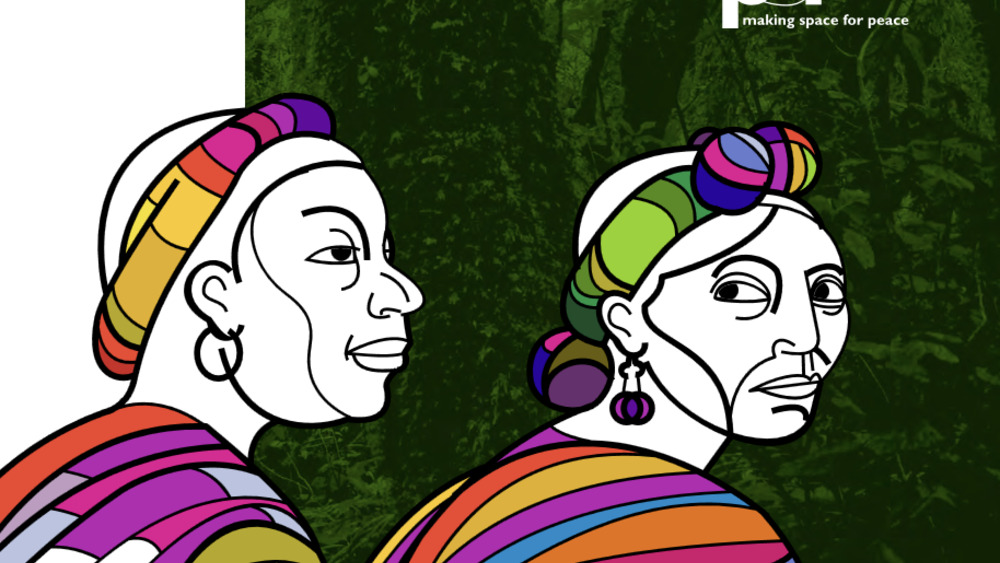Diane Enos, Attorney, Councilwoman & Former President of Salt River Pima-Maricopa Indian Community. In addition to her tenure with the Salt River Pima – Maricopa Indian Community, Diane has served as Vice President of the Inter-Tribal Council of Arizona, as Chairwoman of the Arizona Indian Gaming Association, and as a Western Area Delegate to the Tribal Justice Advisory Group, U.S. Department of Justice.
Diane draws from decades of service in tribal government, sharing key insights related to the challenges that Native peoples face in developing effective partnerships with local governments. She also discusses her path toward leading her Nation as a Native two-spirit woman.
This speech was recorded as part of the Native Women in Governance Speaker Series presented by the Native Nations Institute’s Indigenous Governance Program in collaboration with the Indigenous Peoples Law and Policy program at the University of Arizona, James E. Rogers College of Law.
Additional Information
Native Nations Institute. "Diane Enos: Native Women in Governance" Native Women In Governance Speaker Series. Tucson, Arizona. January 15, 2019
Transcript
Transcript available upon request. Please email: nni@email.arizona.edu



